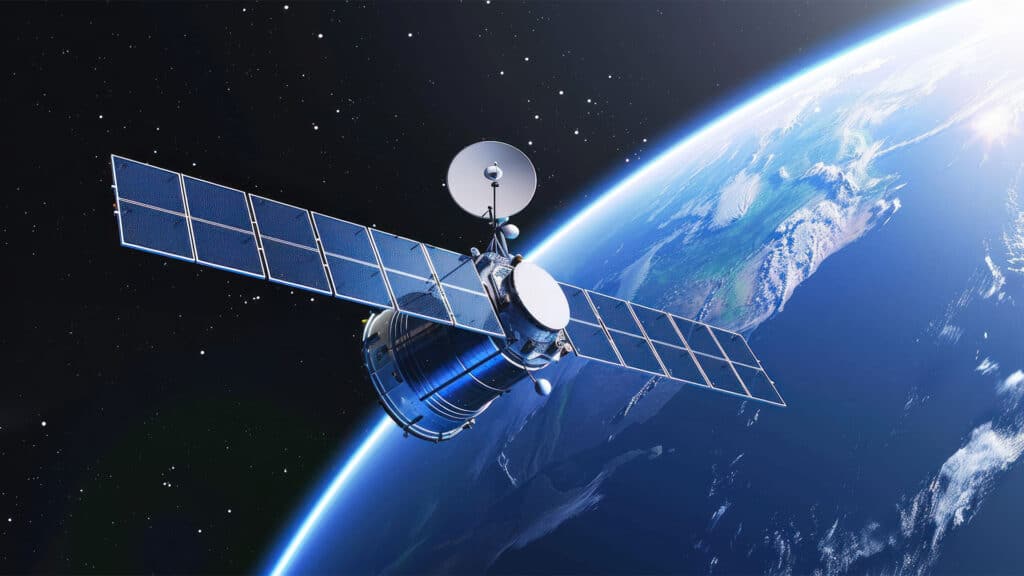Kazakhstan faces deadline to replace aging satellite amid funding crunch

Kazakhstan may face challenges replacing the KazSat-3 communications satellite by 2029, Senator Galiaskar Sarybaev warned. The satellite temporarily lost contact with ground stations a year ago due to battery pack failures. Sarybaev proposed increasing Kazakhstan’s stake in the Baiterek joint space project with Russia, responsible for launching the replacement satellite KazSat-3R.
«One of the key challenges is the delay in the Baiterek project due to the launch of environmentally friendly Soyuz-5 rockets,» Sarybaev stated during a Senate plenary session. «While the project has resumed and funds have been allocated from the state budget, the delivery deadline for the rocket to Baikonur has been postponed to late 2025, putting the first flight test scheduled for December 2025 at risk.»
Sarybaev also highlighted that KazSat-3R is scheduled for launch in 2029 to replace the aging KazSat-3, but financial constraints could delay the project.
«The shortage of financial resources is hindering the timely implementation of the KazSat-3R project,» he noted. «To address this, state support through increased funding in the national budget and expanding the authorized capital of the managing entity is essential.»
The senator also stressed the importance of improving conditions for domestic specialists and ensuring their active participation in international space projects. He argued that this approach would help retain highly qualified personnel in the country.
The Baiterek space rocket complex, a joint initiative between Kazakhstan and Russia, aims to develop infrastructure for launching environmentally friendly rockets to replace the Proton rocket, an older launch system used for commercial and Russian government space missions.
Previously, Kursiv.media reported that Kazakhstan and Russia are in negotiations regarding the continued use of Proton-M rockets, which rely on toxic fuel, at the Baikonur Cosmodrome. Russia still has 10 Proton-M rockets remaining but may not be able to launch them all before the end of 2026, despite earlier plans to cease launches by 2025.
In 2019, Russia announced the development of the Soyuz-5 medium-class launch vehicle to replace the Russian-Ukrainian Zenit rocket, which became unavailable due to geopolitical tensions. Around the same time, it was revealed that the Baiterek space project would cost Kazakhstan $233 million, while Russia allocated $916 million for the development of the Soyuz-5 rockets.
In 2024, Kazakhstan’s budget earmarked approximately $28 million for the Baiterek rocket complex.

